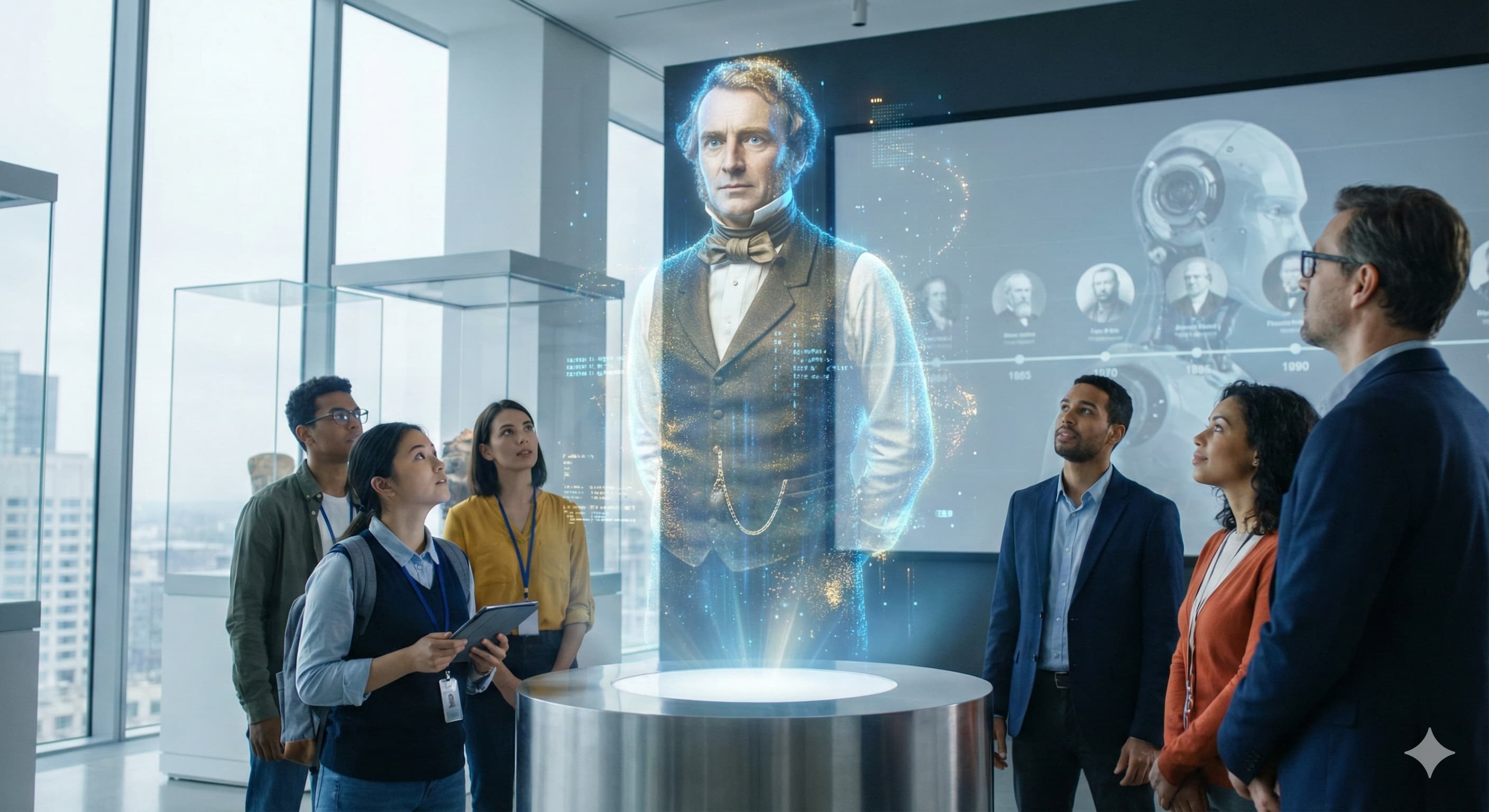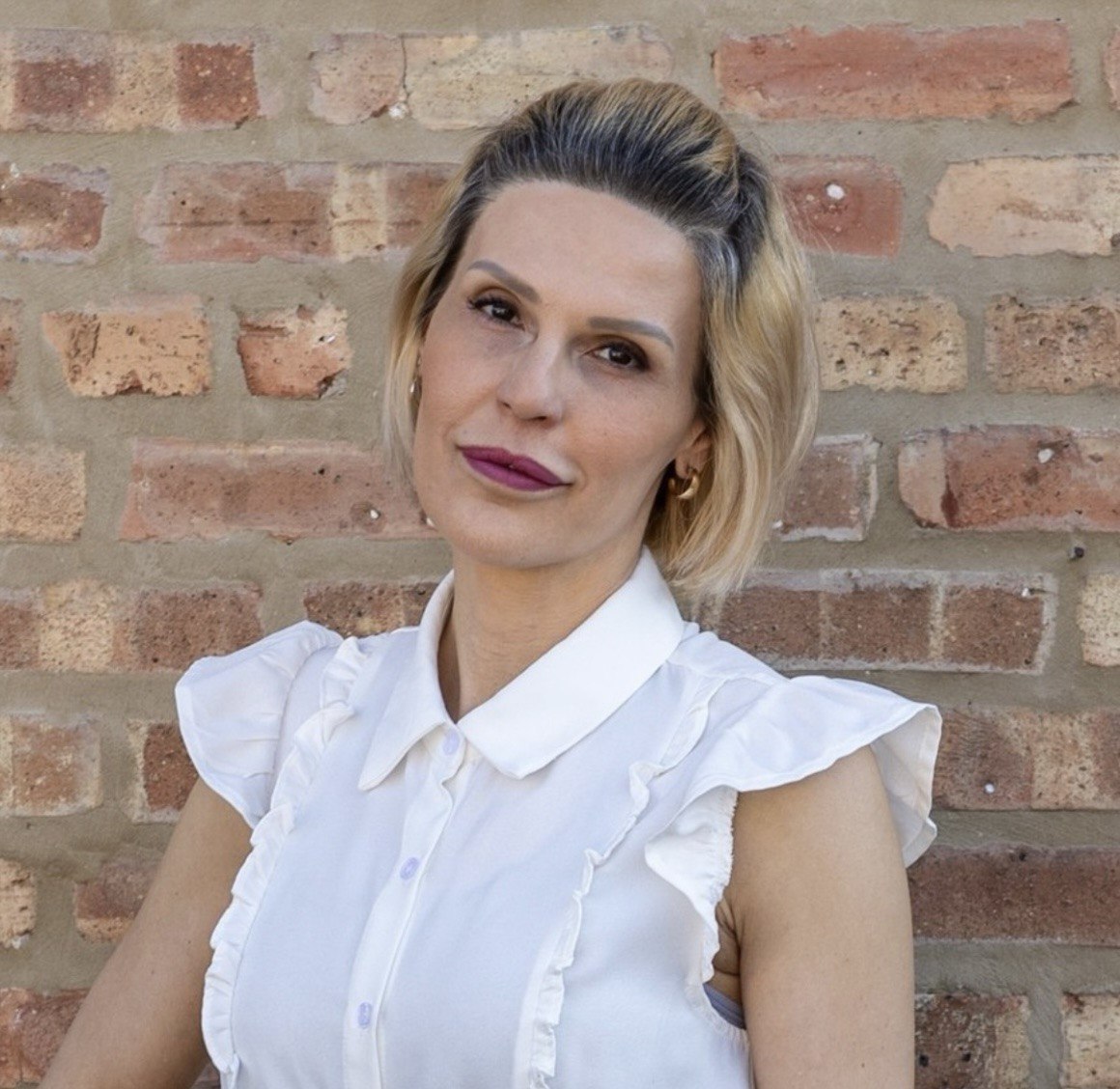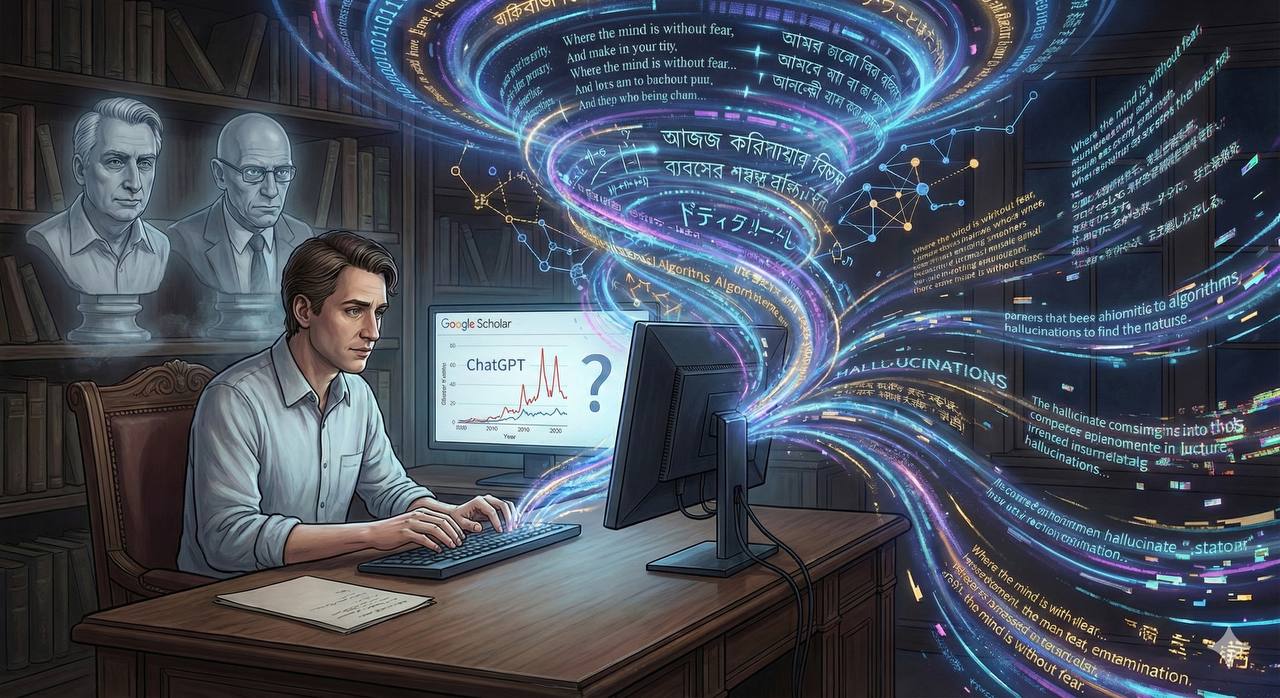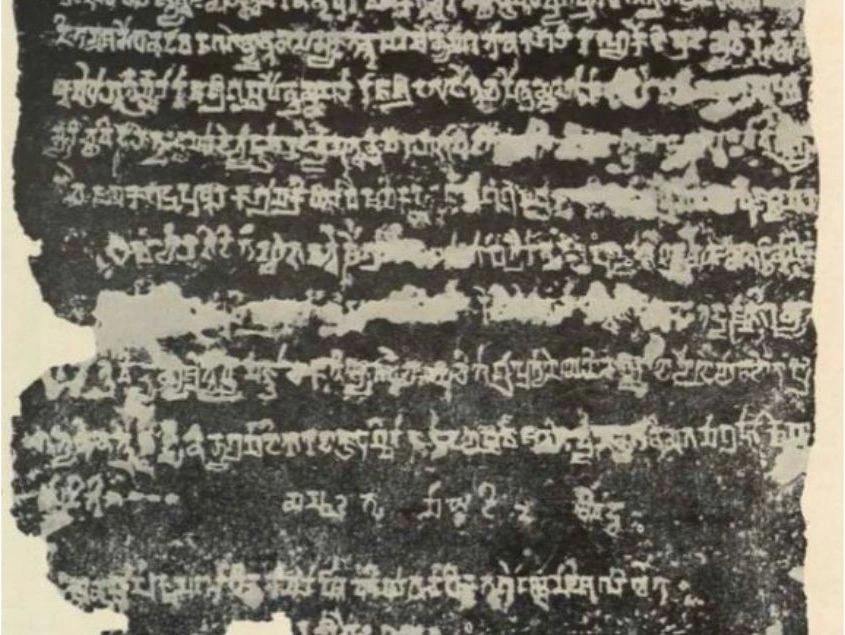AI History Book: Bringing History to life as a Social Media
How AI Can Bring History to Life
In the 21st century, there’s little opportunity to be a trailblazer or a world explorer. As a result, we missed all the excitement of discovering new lands and people. We remember these famous explorers, pioneers, and sailors in our history books and documentaries, but what if we could recreate these historic happenings using artificial intelligence and AI driven historical visualization?
Using AI to Recreate Historical Lives on Social Media
The technology to do this already exists to a certain extent, and educators could, in the coming years, adapt it to become a tool for students, historians, and history buffs to follow their long-gone heroes and people who lived lifestyles that have longed to live themselves through digital history tools and interactive historical timeline simulations.
Butterflies is a new social media platform where users create AI-generated characters who create posts and content for themselves automatically. What if a social media site similar to this one was created by a history book company where the fantasy and fictional elements were removed from the character generation AI and were replaced by creating AI-generated accounts of historical figures and we could watch Christopher Columbus’s voyage as he heads toward the new world, or get snapshots of the wilderness from Lewis and Clark using AI generated historical map features.

It could also be taken a step further to include hundreds of thousands of accounts for ordinary settlers, soldiers, and lesser-known historical figures. They could make special posts to coincide with significant dates, and throughout the year, they would make posts about their daily lives, much like people do today.
The Future of AI-Driven Engagement
We could even interact with them in comments. I think this aspect may not be ready because we don’t want the AI to say something inappropriate. Still, we could say things like “Thanks for doing this!” and it could reply with “It has been my privilege.” or we could say “Great photo!” and it could give us a simple “Thanks.” or if we wanted to ask a specific question about what was going on during the event that the post supposedly depicts, the AI could give us a factual response based on natural language processing in history. It just depends on how far into the entertainment we want this history project to be taken because communicating could be confusing for people who do not have a strong understanding of history.
To make it even more exciting social media could make a play at modern reality shows and fashion influencers by having accounts of wealthy people making posts about their grandiose lives and beautiful and fashionable people of bygone centuries showing off their “new” wardrobes and giving fashion tips from the time period to us the users of the social media. It’s sort of like a digital re-enactment that runs 24 hours a day 365 days a week, supported by interactive world maps and historical geography mapping.
Conclusion
By using AI to access and read databases of personal diaries, history books, census data, and other documents available to the public it could create and schedule posts unique to each account based on their geographic location at the “time” of the post, socioeconomic status, and country or country of origin, supported by machine learning in historical research and text mining historical archives to enhance accuracy.









